the founders of this pyjama and loungewear brand make inclusive sizing their priority
Plus, they offer some pretty nifty tips on how other businesses can do the same.
With the average clothing size of Australian women being 14 – 16, you would think that the fashion industry at large would (at some point) start offering a wider range of inclusive sizes, rather than prioritising smaller bodies. But alas – that’s not the case for most brands. Aussie loungewear brand CACHIA, however, recognises that everyone has the right to be comfy in clothes that fit them, and have just launched a pretty sweet size 26 range. We sat down with CACHIA’s founders, Sophie Cachia and Leah Betts, to chat about inclusive sizing and what it means to them.
Hi Leah and Sophie! Please tell us a little bit about yourself and your biz. Leah: Sophie and I have built our loungewear brand, CACHIA, over the last six years because we share a love of comfy clothes. We have formed such great bonds with our community and our audience, and we're really grateful to be in this space right now.
Talk to us about the history of CACHIA. Sophie: So, I actually started working in the social media influencer space and Leah comes from a business background of manufacturing, distribution and product development. We even have family ties that go way back to our parents! When Leah and I saw what we were both doing we just thought, “Let's catch up, have a coffee and see if there's something we could do together here.” It wasn’t an easy start – we had a few instances of trial and error, and a lot of back-and-forth. It certainly didn’t happen overnight. But, after two years in the making, CACHIA was born.
What's something about working in this industry that you didn't expect when you first started? Sophie: We did not expect to have such a cult following! We've been there for people having babies and people being sick. I don't think we understood the emotional connection we were going to have with customers.
Leah: People telling us they bought their mum a pair of pyjamas while she was going through chemotherapy really means a lot to us. We get to create a brand and products that people are choosing to be with them on their important journeys.
What led to your decision to offer inclusive sizing? Leah: We started with sizes eight to 16, and realised that we had left out so many people. It does cost a lot more money to make bigger sizes, but we were very conscious of not increasing our retail price for our customers. We haven't increased the price of pyjamas since we began. We wanted to include more sizes and for the same price, and we knew that we might have to take a little bit of a hit, financials-wise.
Sophie: Not a lot of brands will do that – you'll often find there's a separate area, a ‘curvy range’ or a plus-size range, but we wanted to include all of our customers and sizes in one category only.
Why is inclusive sizing so important to you guys? Sophie: I think that fashion and clothing plays such an integral role in people's confidence, self-esteem and identity. We wanted CACHIA to be a brand that made sure everyone could feel confident and comfortable, and that we could cater to everyone’s needs without compromising quality or cost.
Why is the fashion industry slow to include more inclusive sizing? Sophie: I'm a size 12 and some brands still to this day will only stock up to my size, and that just blows my mind! A fair number of brands might argue that it’s for money’s sake only, but that’s a bit bullshit. Yes, money does play a factor, but some brands just don’t want to be inclusive for the sake of exclusivity.
What advice do you have to other makers or brands who want to offer inclusive sizing? Leah: Just give it a go! I think, in general, there should be more diversity as a whole in the fashion industry. People want to see themselves in the garments and designs you create, so it all depends on whether you want to be a brand for everyone or whether you want to be a brand only for a specific demographic. Always ask your audience, do your market research and ask your customers directly what they want to see.
For more small-business stories like this, visit frankie.com.au/strictly-business, or sign up to our monthly e-newsletter. Have a small-business story you’d like to share? Pitch it to us.

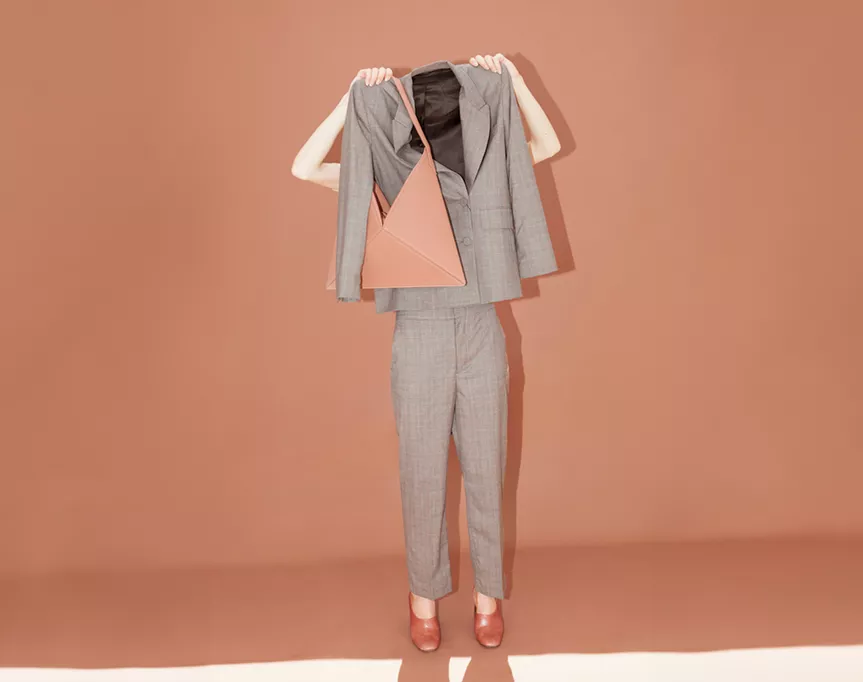
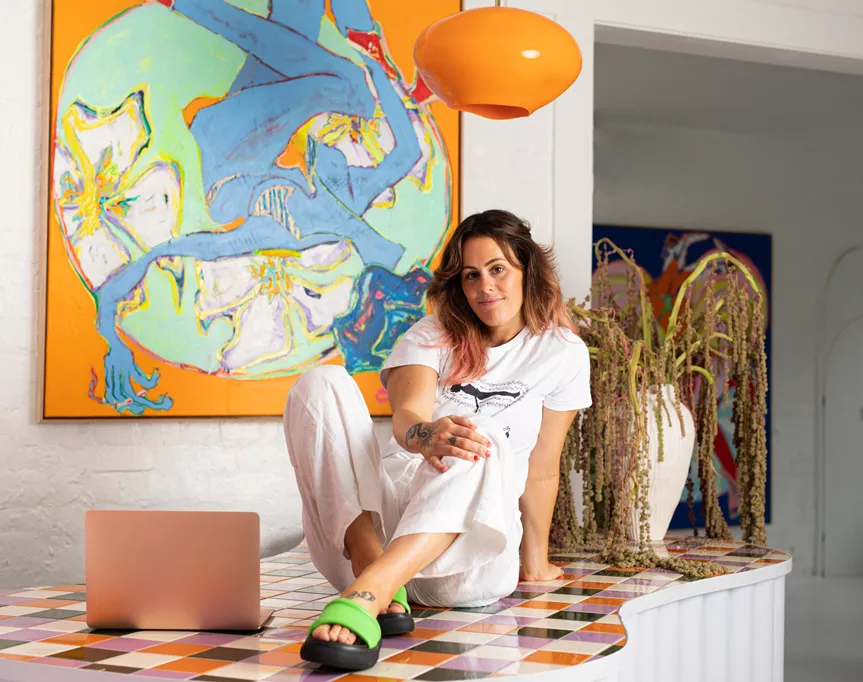

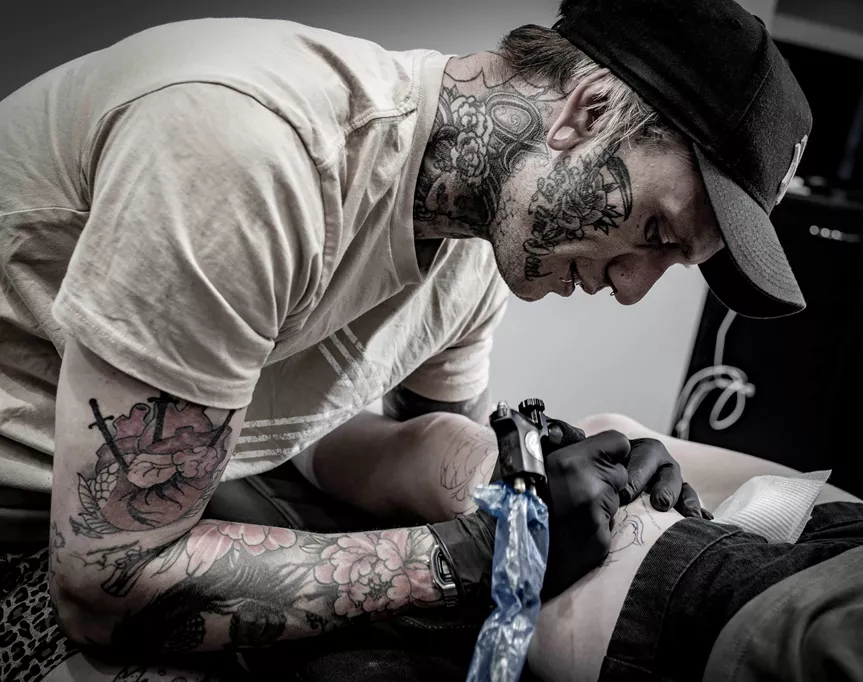
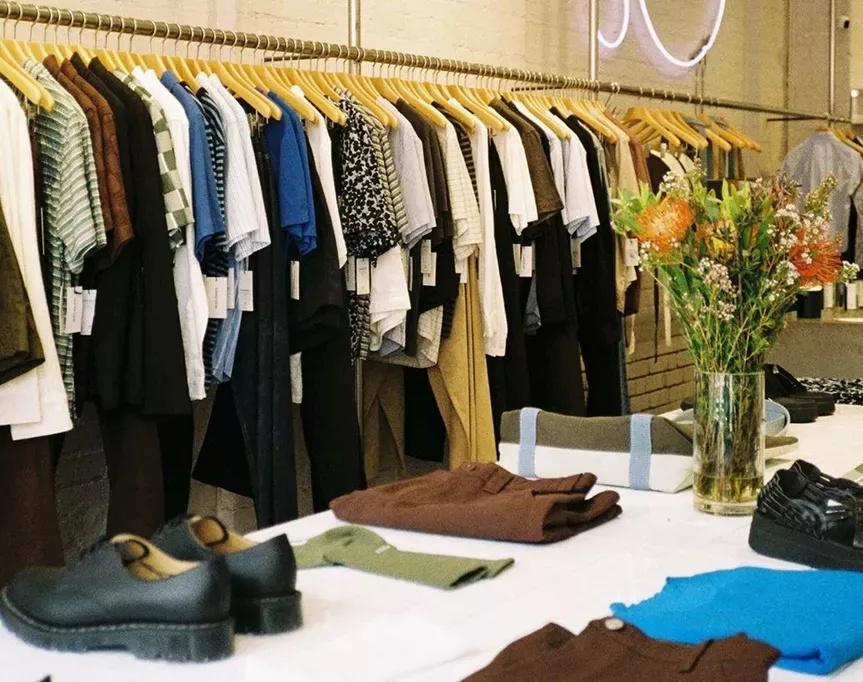
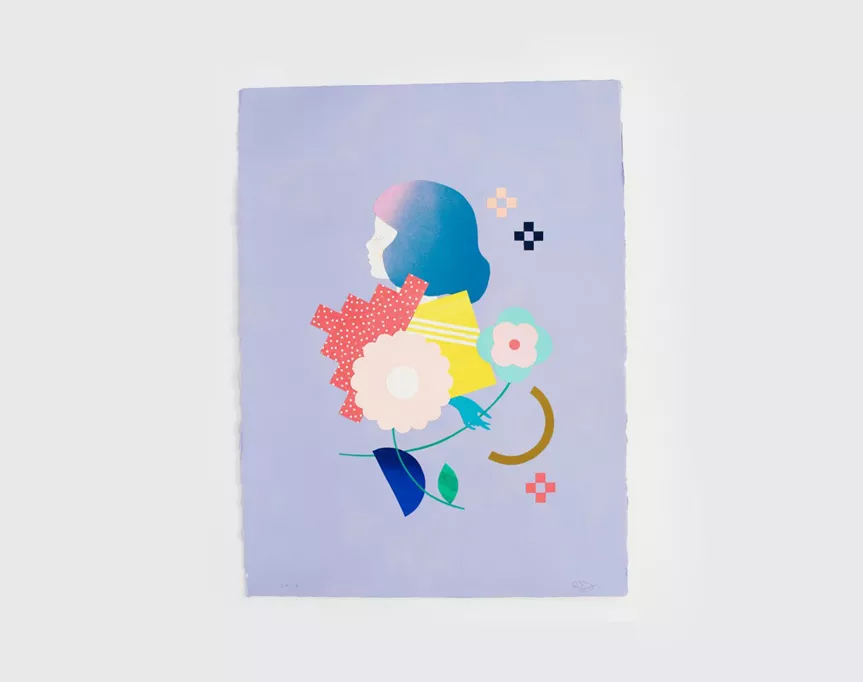
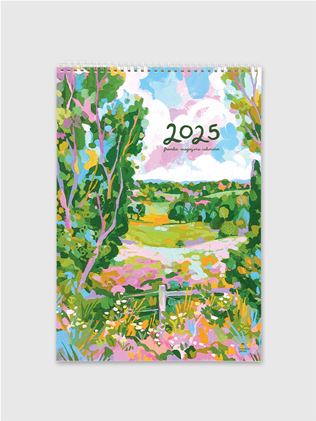
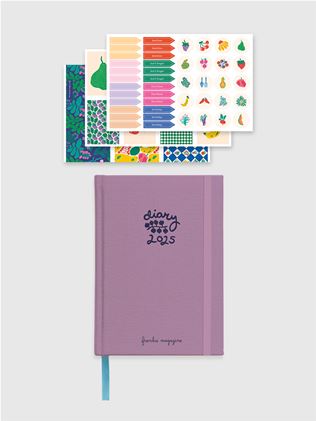
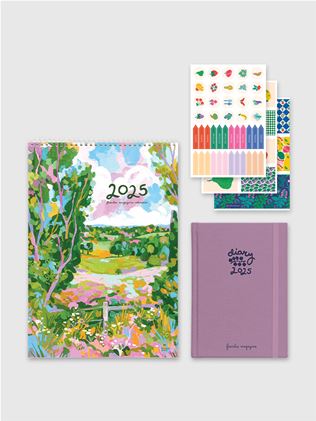
.jpg&q=80&w=316&c=1&s=1)


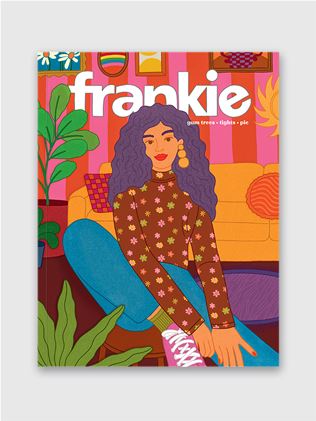
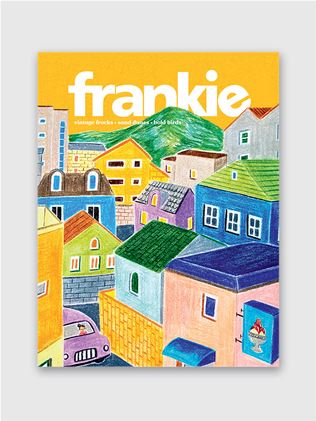


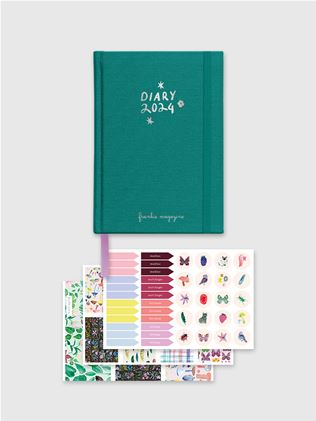



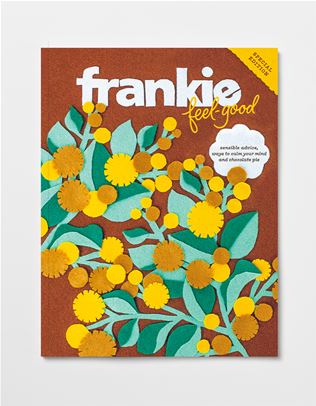






.jpg&q=80&w=316&c=1&s=1)










